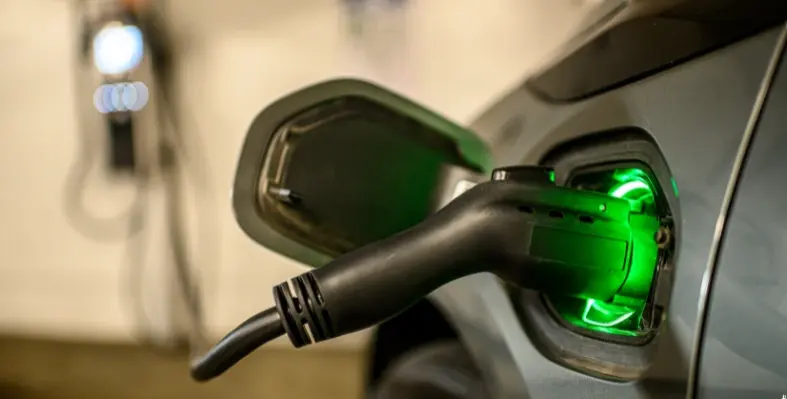Electric vehicles (EVs) are poised to represent more than 40% of global car sales by 2030 as prices continue to fall and adoption expands across markets, according to the International Energy Agency’s latest Global EV Outlook.
The report highlights that, despite economic uncertainties, EV sales have maintained strong momentum worldwide, surpassing key milestones and reshaping the automotive industry.
Global electric car sales are on course to exceed 20 million in 2025, accounting for more than a quarter of all cars sold. In 2024, EV sales reached over 17 million, pushing their global market share above 20% for the first time, as previously forecasted by the IEA. In the first quarter of 2025 alone, sales rose 35% year-on-year, with major and emerging markets recording record-breaking performances.
China remains the global leader, with electric cars comprising nearly half of all new car sales in 2024. The country sold more than 11 million electric cars, equal to the worldwide total in 2022. Other fast-growing markets include Asia and Latin America, where sales surged over 60% in 2024.
In the United States, EV sales rose by around 10%, with battery-powered models making up over one in ten new cars. Meanwhile, Europe’s growth plateaued due to the phaseout of subsidies and support schemes, although the region’s EV market share remained stable at around 20%.
Affordability is key
“Our data shows that, despite significant uncertainties, electric cars remain on a strong growth trajectory globally. Sales continue to set new records, with major implications for the international auto industry,” said IEA executive director Fatih Birol. “This year, we expect more than one in four cars sold worldwide to be electric, with growth accelerating in many emerging economies. By the end of this decade, it is set to be more than two in five cars as EVs become increasingly affordable.”
According to the report, affordability remains a key driver of adoption. The global average price of a battery electric vehicle (BEV) declined in 2024 due to increased competition and falling battery costs. In China, two-thirds of EVs sold were cheaper than their petrol or diesel counterparts, even without subsidies. However, the price gap persists elsewhere, BEVs were on average 20% more expensive than conventional vehicles in Germany and 30% higher in the United States.
Operating costs, however, continue to favour EVs. Even if oil prices dropped to US$40 per barrel, charging an electric car at home in Europe would still cost about half as much as fuelling a petrol or diesel car, based on current energy prices.
The report notes that nearly one-fifth of electric cars sold globally are imported, with China exporting around 1.25 million units in 2024, many to emerging markets where these imports have driven down retail prices.
A special section of the report focuses on electric trucks, which saw global sales rise by 80% last year, reaching nearly 2% of total truck sales. This growth was led by China, where cost-competitive heavy-duty electric trucks are gaining traction thanks to lower lifetime operating costs, despite higher upfront prices.







